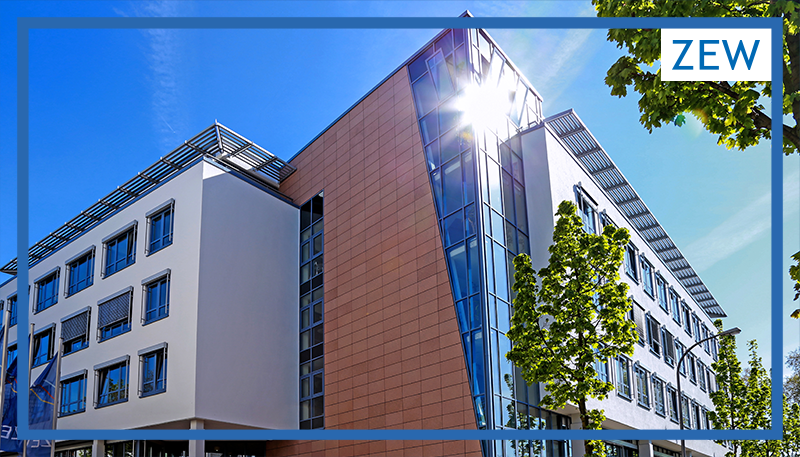#ZEWPodcast: The Bill, Please! Value Added Tax in the Hospitality Sector
#ZEWPodcastZEW Podcast with Katharina Nicolay
The currently reduced VAT rate for the hospitality sector is set to expire at the end of 2023. However, some politicians, associations, and restaurant owners are hoping for an indefinite extension of the seven per cent rule and have gathered arguments for it. But there are also cautionary voices that don’t support it. In the latest ZEW podcast episode, Professor Katharina Nicolay, deputy head of ZEW’s “Corporate Taxation and Public Finance” Unit, talks with host Bastian Thüne about the pros and cons. She also shares why going out to eat with her family is something very special for her.
During the COVID-19 pandemic, when the VAT was reduced from 19 to seven per cent, prices didn’t drop. That is why Katharina Nicolay believes that prices won’t automatically rise by 12 per cent: “It is rather unlikely that we will see a one-to-one price increase. There are two reasons for this: Firstly, despite the tax privilege, the sector has already raised prices several times in recent years. And secondly, the pressure from input prices for electricity and gas has eased somewhat. And that can offset the effect that the VAT increase would have now.”
Structural changes and staff shortages
Like in other industries, the hospitality sector is struggling mainly with a shortage of staff: “Treating the hospitality sector more favourably tax-wise is not a precise measure. It doesn’t help combat the staff shortage. At most, it would lead to a shift between sectors, but that cannot be the objective. And one thing must not be forgotten: somehow the funds must come from somewhere to finance the continuation of the tax reduction.”
But the structural change is also taking a toll on the sector. The trend towards remote work leads to fewer customers eating out for lunch, and many village pubs are closing because fathers nowadays spend more time with their families than at the pub. The VAT reduction cannot compensate for all these changes: “The VAT reduction cannot offset this structural shift. It cannot be permanently balanced that way. It’s just that preferences have changed.”
In addition, “taxes would have to rise somewhere else, for example, in income tax. And that would, in turn, have negative incentives on the labour supply.” But even though she, as a researcher, views a permanently low VAT critically, she enjoys going out to eat with her family: “It’s something all of us enjoy. For me, it is particularly nice that everyone can choose what they like, especially things that we don’t necessarily cook at home. So it’s really something special when everyone enjoys their meal and is having a good time. We also always appreciate when the service is friendly so we can really savour the experience.”


